Every David Fincher film is uniquely visual. Fincher is known for his bold cinematography, but people often forget he pays as much attention to his production design as his cinematography- another essential tool in his storytelling arsenal. One of David Fincher’s most notable collaborators is production designer Donald Graham Burt, who has production designed every David Fincher film since Zodiac in 2008, as well as his television pilot episodes.
When you look through and analyze every David Fincher film, you will notice many similarities in each movie. David Fincher’s point of view and style becomes evident no matter who has production designed the film- these two traits being the most obvious: colour and line placement.
“You have a responsibility for the way you make the audience feel, and I want them to feel uncomfortable.”
David Fincher is prone to using muted, desaturated colour palettes, which can offer an ongoing hazy sense of mystery or dread to his work. David Fincher once said, “You have a responsibility for the way you make the audience feel, and I want them to feel uncomfortable.” Colour is a significant way he succeeds in putting the audience in a state of unease. The Game may be the only time he strayed from his preferred palette, and we all know how he feels about that film.
The second thing I always notice in David Fincher’s films is the placement of lines and grids in each set within the camera’s frame. These lines direct and control the viewer’s eyes to where he wants them to go to help tell the story or mislead the viewer in some cases to keep up the suspense.
Grid patterns often offer up cage-like atmospheres in his films with his love for equally spaced parallel lines. The office fluorescent lighting in Zodiac is a perfect example, but you can see this in almost every David Fincher film.
Pictured below are several images of the best sets in every David Fincher film that help him move the story forward while keeping with his unique point of view. David Fincher’s production design is rich with detail yet very restrained at the same time. Take a look for yourself below.
Every David Fincher Film: A Visual Production Design Retrospective Share on X
Director, David Fincher
David Fincher Production Design Retrospective
Alien 3 (1992)

Click Thumbnail to Enlarge:
After her last encounter, Ellen Ripley crash-lands on Fiorina 161, a maximum security prison. When a series of strange and deadly events occur shortly after her arrival, Ripley realizes that she has brought along an unwelcome visitor.
Director: David Fincher
Production Designers: Norman Reynolds & Michael White
Art Directors: Fred Hole
Set Decorator: Belinda Edwards
Se7en (1995)

Click Thumbnail to Enlarge:
Two detectives, a rookie and a veteran, hunt a serial killer who uses the seven deadly sins as his motives.
Director: David Fincher
Production Designer: Arthur Max
Art Director: Gary Wissner
Set Decorator: Clay A. Griffith
The Game (1997)

Click Thumbnail to Enlarge:
After a wealthy banker is given an opportunity to participate in a mysterious game, his life is turned upside down when he becomes unable to distinguish between the game and reality.
Director: David Fincher
Production Designer: Jeffrey Beecroft
Art Directors: James J. Murakami & Steve Saklad
Set Decorator: Jackie Carr
Fight Club (1999)

Click Thumbnail to Enlarge:
An insomniac office worker and a devil-may-care soapmaker form an underground fight club that evolves into something much, much more.
Director: David Fincher
Production Designer: Alex McDowell
Art Director: Chris Gorak
Set Decorator: Jay Hart
Panic Room (2002)

Click Thumbnail to Enlarge:
A divorced woman and her diabetic daughter take refuge in their newly-purchased home’s safe room, when three men break-in searching for a missing fortune.
Director: David Fincher
Production Designer: Arthur Max
Art Directors: Keith Neely, James E. Tocci
Set Decorators: Jon Danniells and Garrett Lewis
Zodiac (2008)

Click Thumbnail to Enlarge:
In the late 1960s/early 1970s, a San Francisco cartoonist becomes an amateur detective obsessed with tracking down the Zodiac Killer, an unidentified individual who terrorizes Northern California with a killing spree.
Director: David Fincher
Production Designer: Donald Graham Burt
Art Director: Keith P. Cunningham
Set Decorator: Victor J. Zolfo
The Curious Case of Benjamin Button (2008)
Click Thumbnail to Enlarge:
Tells the story of Benjamin Button, a man who starts aging backwards with bizarre consequences.
Director: David Fincher
Production Designer: Donald Graham Burt
Art Director: Kelly Curley, Michele Laliberte, Randy Moore, Scott Plauche, Tom Reta
Set Decorator: Victor J. Zolfo
The Social Network (2010)
Click Thumbnail to Enlarge:
Harvard student Mark Zuckerberg creates the social networking site. That would become known as Facebook but is later sued by two brothers who claimed he stole their idea, and the co-founder who was later squeezed out of the business.
Director: David Fincher
Production Designer: Donald Graham Burt
Art Director: Curt Beech, Keith Cunningham
Set Decorator: Victor J. Zolfo
The Girl with the Dragon Tattoo (2011)

Click Thumbnail to Enlarge:
Journalist Mikael Blomkvist is aided in his search for a woman who has been missing for forty years by Lisbeth Salander, a young computer hacker.
Director: David Fincher
Production Designer: Donald Graham Burt
Art Director: Michael Varhelyi
Set Decorator: K.C. Fox & Erik Videgard
Gone Girl (2014)
Click Thumbnail to Enlarge:
With his wife’s disappearance having become the focus of an intense media circus, a man sees the spotlight turned on him when it’s suspected that he may not be innocent.
Director: David Fincher
Production Designer: Donald Graham Burt
Supervising Art Director: Sue Chan
Set Decorator: Douglas A. Mowat
Mank (2020)

1930s Hollywood is re-evaluated through the eyes of scathing social critic and alcoholic screenwriter Herman J. Mankiewicz as he races to finish the screenplay of Citizen Kane (1941).
Director: David Fincher
Production Designer: Donald Graham Burt
Supervising Art Director: Dan Webster
Set Decorator: Jan Pascale
Director of Photography: Erik Messerschmidt
Costume Designer: Trish Summerville
The Killer (2023)
After a fateful near-miss, an assassin battles his employers, and himself, on an international manhunt he insists isn’t personal.
Director: David Fincher
Production Designer: Donald Graham Burt
Supervising Art Director: Wilhem Perez
Set Decorator: Brandi Kalish
Director of Photography: Erik Messerschmidt
Costume Designer: Cate Adams
What is your favourite David Fincher film? What do you think of the David Fincher production design aesthetic?

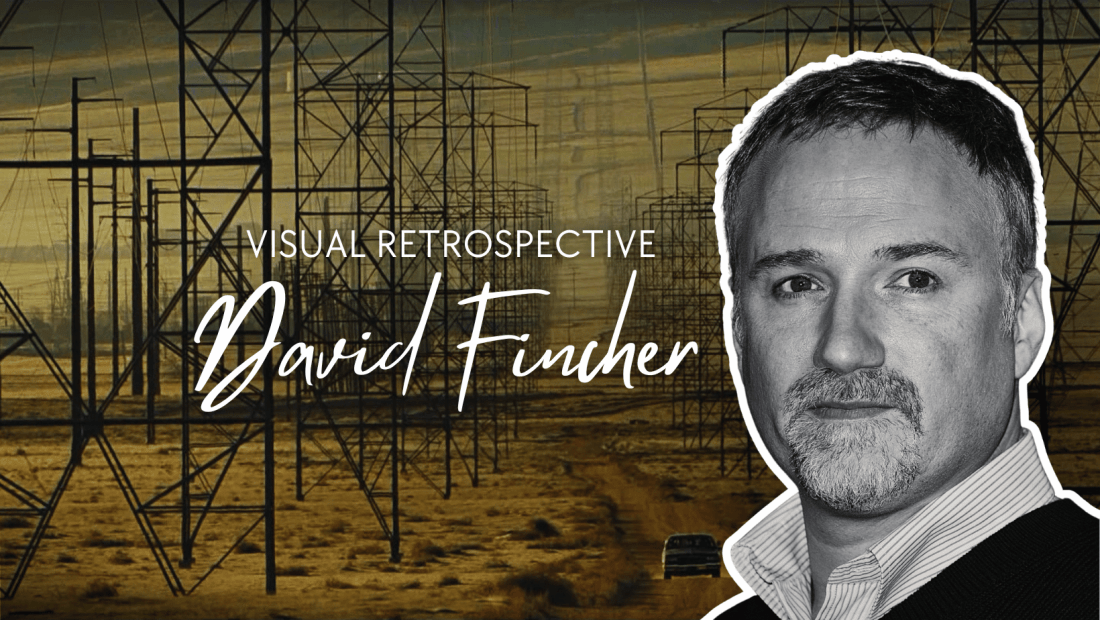
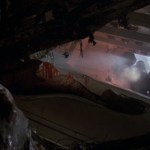
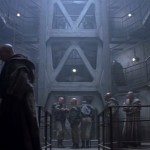
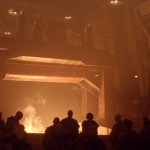
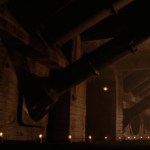
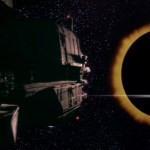
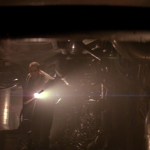
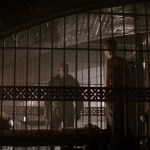
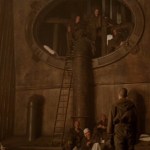

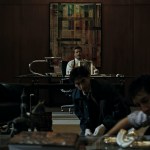
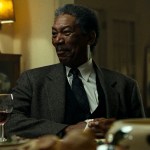

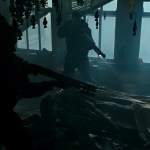
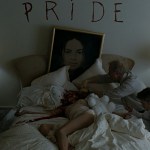
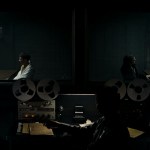
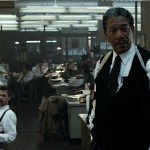
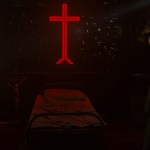
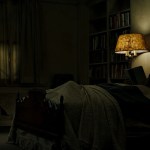
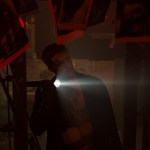
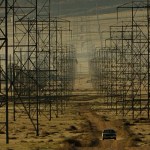
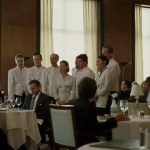
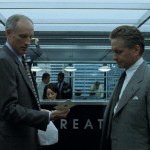


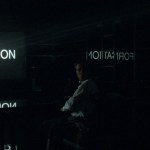
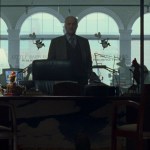

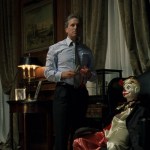
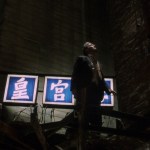
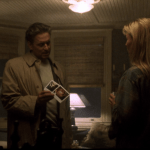
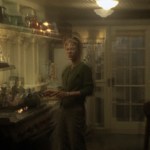
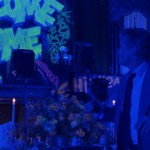
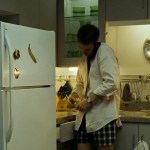
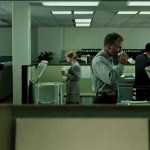
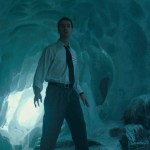
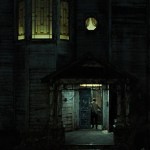
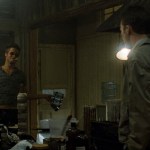
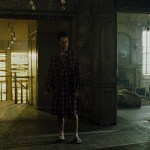
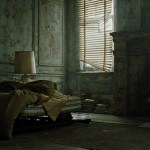
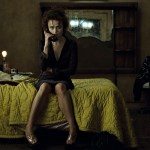
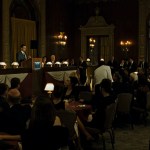
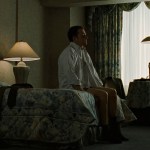
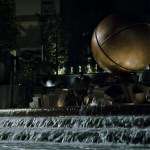
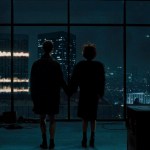
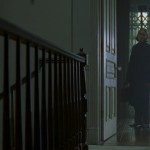

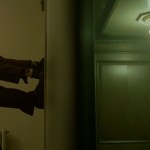
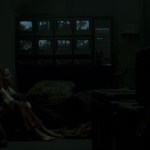
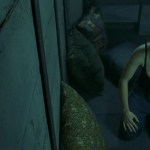
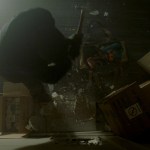
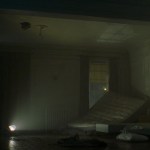
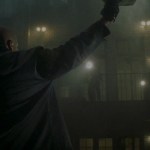
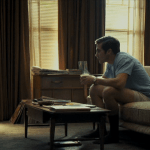

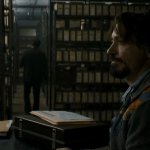
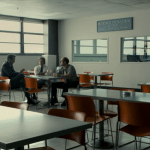
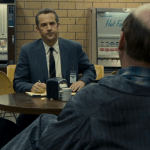
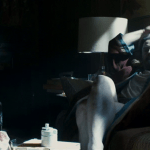
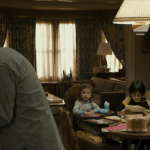
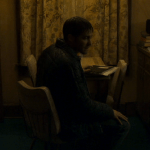

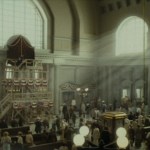
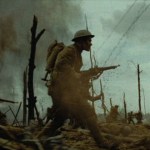

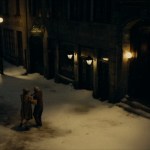
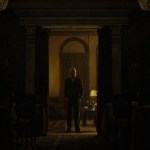
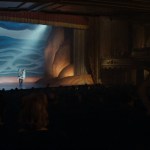
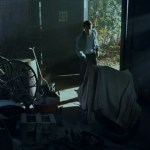
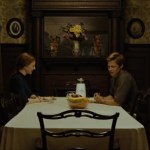

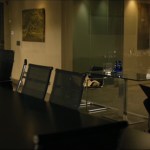
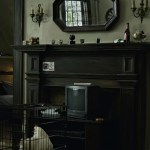
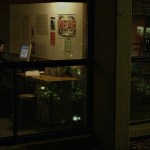
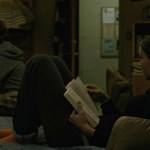
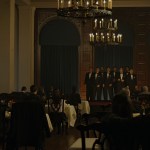
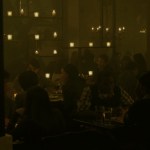

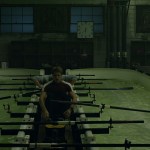
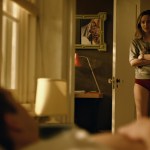
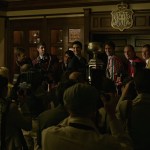


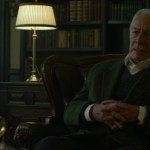

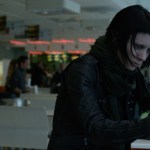
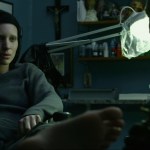
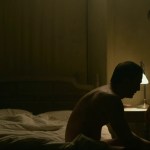

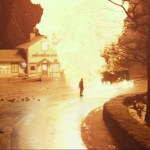
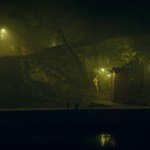

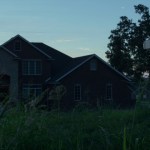
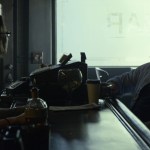
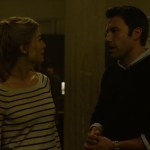
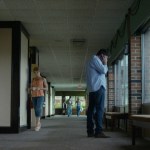

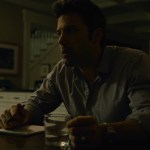
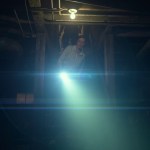
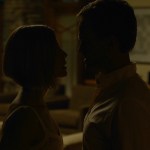
Fight Club is easily his greatest film. The Social Network will for sure win Best Director and Adapted Screenplay and maybe some technical ones, but I would argue it shouldn’t win any at all.
http://www.chinokino.com/2010/12/16th-annual-bfca-critics-choice-movie.html
http://www.chinokino.com/2011/01/second-look-social-network.html#more
I think that’s the link you meant.
But yes. I couldn’t agree with you more. The film will likely win a lot of awards including Best Picture but I think another reason is that they also want to praise him for his previous solid work. While The Social Network is a decent film it is not the film the Awards committees are making it out to be.
Despite the shortcomings of Fincher’s latest work I find his work beautiful. He cares about his design as much as he cares about the cinematography. I appreciate that when you watch a Fincher film it holds his stamp no matter which Designer he has hired which says to me he is the ultimate visionary of his film. That isn’t the case with many director’s these days.
My favourite of his work would be Fight Club or Seven. Alex McDowell’s work in Fight Club is extraordinary and outmatches all of his previous work.
Oops. Yes, that’s the link I meant to grab. I don’t think it will win Best Picture, though. We’ll see what the DGA, SAG and WGA give out, but I bet that The King’s Speech will prove to be the one to beat. The Social Network is a critic’s movie, but The King’s Speech is a filmmaker’s movie.
I love Fight Club forever because it’s perfect. And it was only later in life, after I’d grown to become a man, that I realized that the people who made this movie just thought that they were interesting ideas – they didn’t necessarily live by these ideas. For Fight Club to end up being so so so special & important and to have come out of the Hollywood machine defies a million laws of probability as I see them. I had a 10th anniversary screening and gave a big speech!
[…] PRODUCTION DESIGN PORN: David Fincher […]
His work is so calculated. People also underestimate the production design in his films. It’s just as good as the cinematography and the photography builds off the sets always moving the eye where Fincher wants it to go.
Enjoyed reading this, always do when it comes to Art Departmental articles. And many of our favorite pictures here too. *thumbs up* Entertaining as well as informative. Thank you.